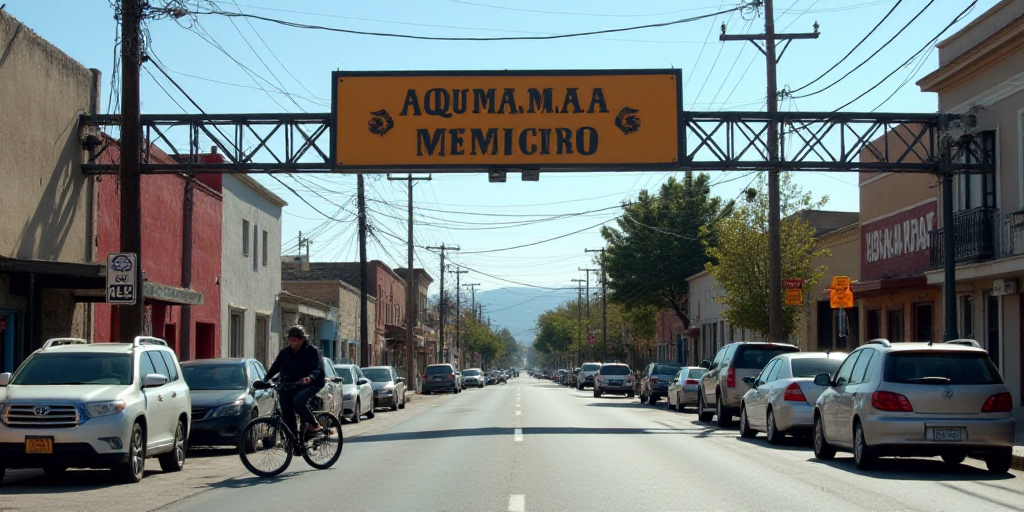Background on Key Figures and Relevance
Rafael Marín Mollinedo, the head of the National Customs Agency (ANAM) in Mexico, clarified that the proposed reform to the Customs Law by President Claudia Sheinbaum does not introduce new responsibilities for customs agents. Instead, the reform aims to ensure that customs agents “do their job well.”
Carlos Gabriel Lerma, the subsecretary of Income at the Ministry of Finance and Public Credit (SHCP), has expressed concerns about the recurring abuse of existing measures of shared responsibility for customs agents. The new Customs Law seeks to make customs agents legally responsible alongside importers, ensuring that declared goods in customs declarations match the merchandise entering the country.
Understanding the Reform
During a working meeting of the Hacienda and Credit Public Commission in the Chamber of Deputies regarding the Customs Law reform, Marín Mollinedo clarified that shared responsibility for customs agents is already present in the law.
The government grants concessions to customs agents so they act as “watchmen” and assist ANAM in verifying proper classification and tax payment for goods entering the country. Currently, customs agents only fill out declarations based on importers’ instructions without inspecting the merchandise.
“The concession given is precisely to verify and help us certify that a container’s contents match the declaration,” Marín Mollinedo stated. “That’s all that is being asked now—to inspect.”
Targeting Evasion and Contraband
Lerma emphasized that the customs reform aims to combat tax evasion and fiscal evasion, increasing revenue without introducing new or additional taxes for citizens who comply with their obligations.
Erick Jiménez Reyes, General Administrator of Commercial External Audit at the Tax Administration Service (SAT), acknowledged that in recent years, numerous improper practices have been detected among importers, exporters, customs agents, and other trade participants.
Jiménez Reyes stressed the necessity of modifying the Customs Law to provide fiscal and customs authorities with adequate tools for reviewing and sanctioning these practices.
Next Steps
The Hacienda Commission will meet with private sector lobbyists and civil society representatives on Friday to continue discussing the reform.
Key Questions and Answers
- What is the main objective of the proposed Customs Law reform? The primary goal is to ensure customs agents properly perform their duties, particularly in verifying the accuracy of declarations and ensuring goods match their declared contents.
- Who are the key figures involved in this reform? Rafael Marín Mollinedo, head of ANAM; Claudia Sheinbaum, President of Mexico; Carlos Gabriel Lerma, subsecretary of Income at SHCP; and Erick Jiménez Reyes, General Administrator of Commercial External Audit at SAT.
- What issues does the reform aim to address? The reform targets tax evasion, fiscal evasion, and improper practices by trade participants.
- What is the current situation regarding customs agents’ responsibilities? Customs agents currently fill out declarations based on importers’ instructions without inspecting the merchandise. The reform aims to change this by emphasizing proper inspection.






